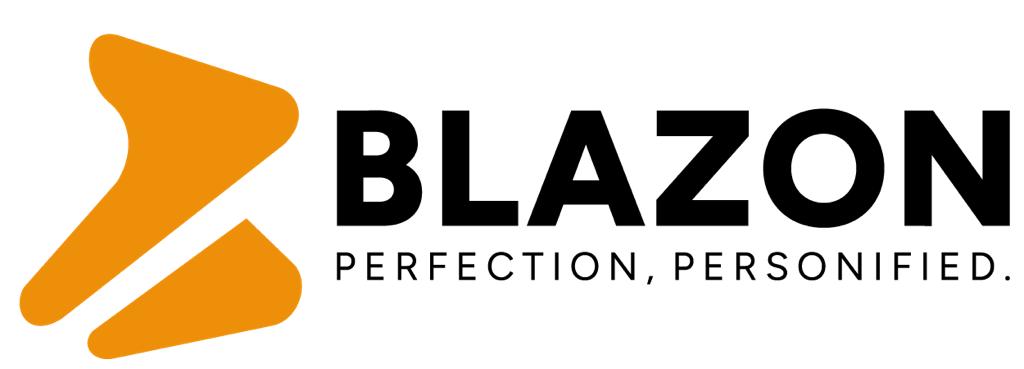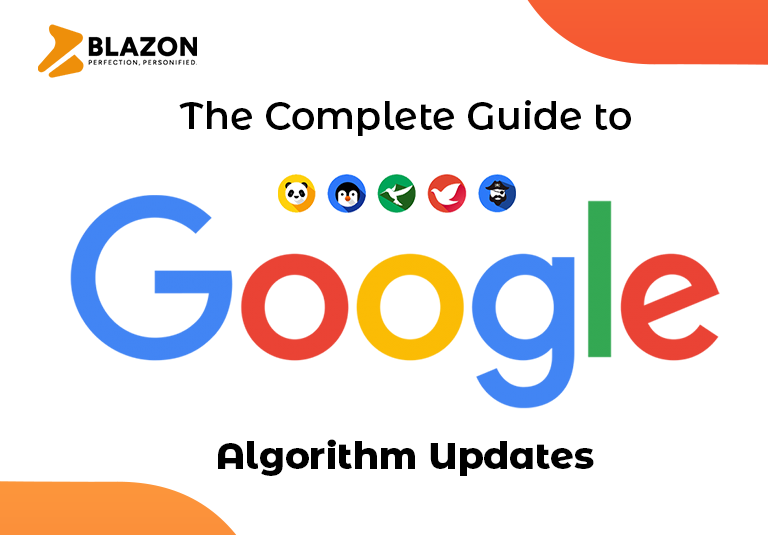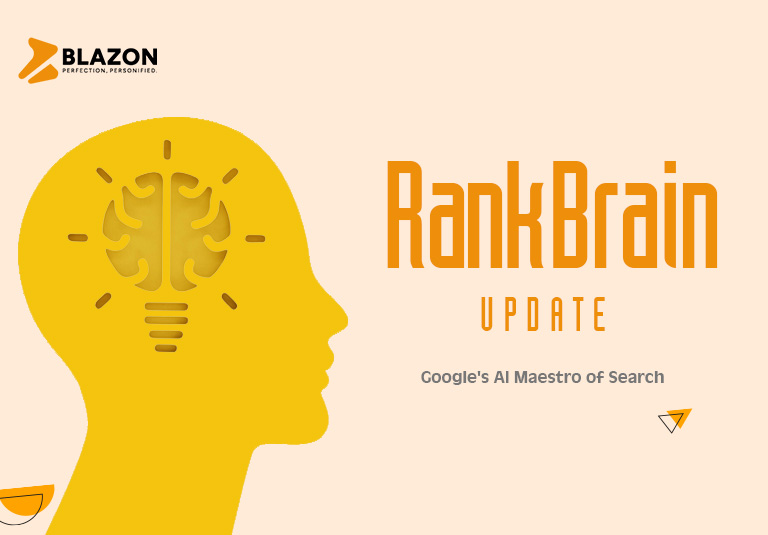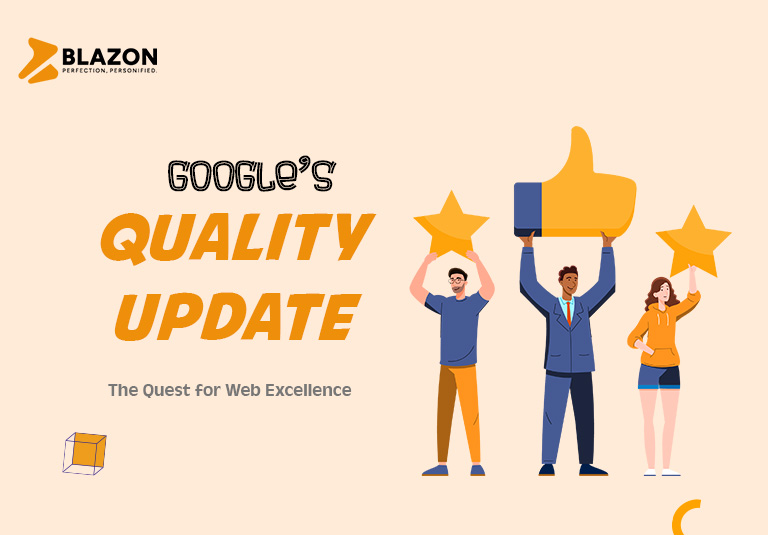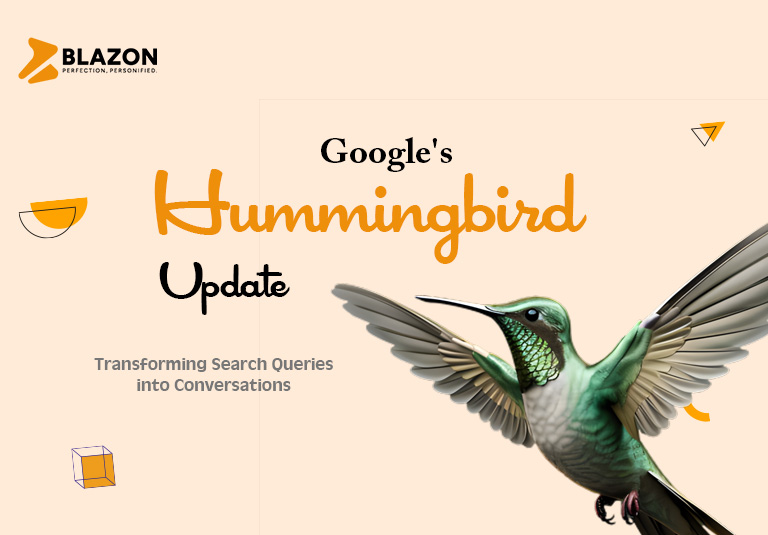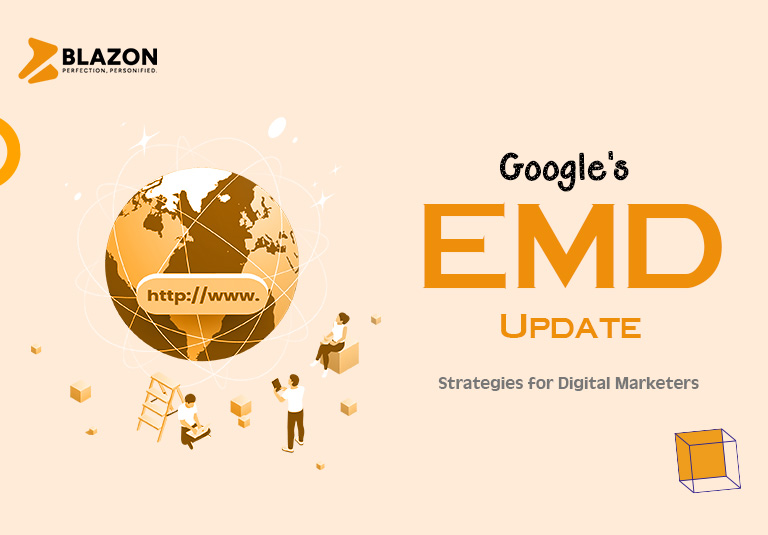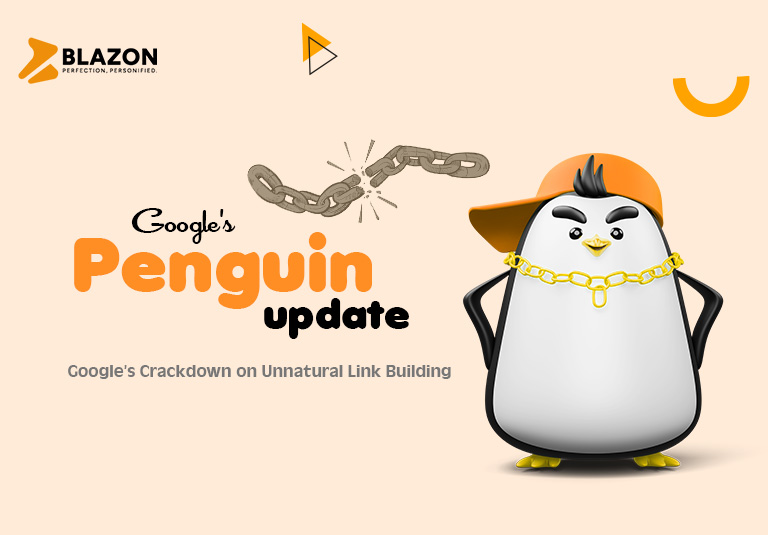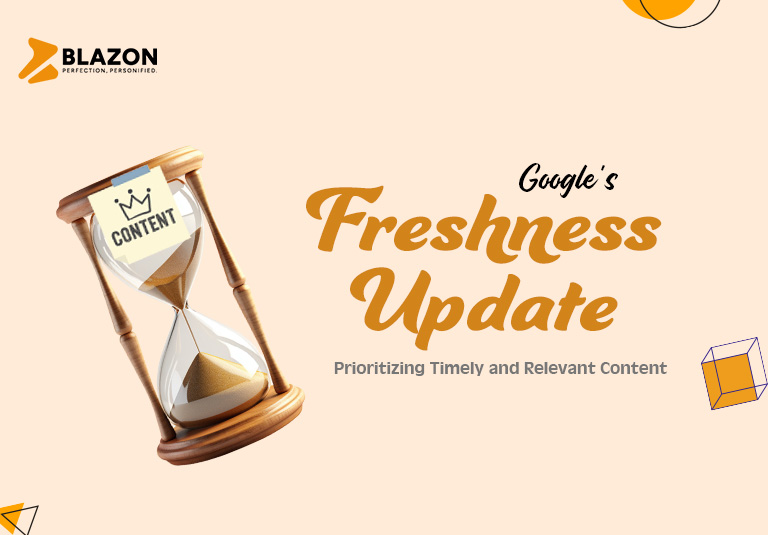Story of Google Algorithm Updates
Let's start by exploring the fascinating history of Google algorithm updates.
From the early days of simple ranking algorithms to the complex, machine-learning-driven updates of today, we'll uncover the pivotal moments that have shaped the SEO landscape.
Discover the stories behind updates like Panda, Penguin, Hummingbird, and more, and how they've influenced the strategies of marketers and website owners worldwide.
Understanding the Purpose Behind Google Algorithm Updates
Why does Google update its algorithm so frequently, and what does it mean for your website?
We'll delve into the motivations behind these updates, from improving search relevance and user experience to combating spam and misinformation.
By understanding the intent behind each update, you'll be better equipped to adapt your SEO strategy and maintain visibility in search results.
Major Google Algorithm Updates
Your Roadmap to SEO Success!!!
Now, let's dive into the key Google algorithm updates that have had a significant impact on SEO over the years:
Fred (March 2017)
- Purpose: Fred targeted websites with thin, low-quality content and aggressive monetization tactics, penalizing those focused on revenue generation over user experience.
- Impact: Websites with poor-quality content and excessive ads saw drops in rankings, emphasizing the importance of providing valuable content and prioritizing user experience.
RankBrain (October 2015)
- Purpose: RankBrain introduced machine learning into Google's search algorithms, enabling better understanding of ambiguous or complex search queries.
- Impact: Improved search result relevance, particularly for queries where user intent is unclear or context-dependent.
Quality Updates (Various)
- Purpose: Quality Updates are ongoing adjustments to Google's algorithms aimed at improving the overall quality and relevance of search results.
- Impact: Websites with high-quality, relevant content are rewarded with better visibility in search results, while those with low-quality or irrelevant content may see fluctuations in rankings.
Mobilegeddon (April 2015)
- Purpose: Mobilegeddon prioritized mobile-friendly websites in mobile search results, penalizing those with non-responsive or poorly optimized mobile experiences.
- Impact: Websites that were not mobile-friendly experienced drops in rankings in mobile search results, highlighting the importance of mobile optimization for SEO.
Pigeon (July 2014)
- Purpose: Pigeon aimed to improve local search results by delivering more relevant and accurate local business listings.
- Impact: Local businesses saw shifts in visibility in local search results, emphasizing the importance of local SEO tactics such as claiming Google My Business listings and optimizing for local keywords.
Hummingbird (August 2013)
- Purpose: Hummingbird introduced Google's ability to understand the context and intent behind search queries, enabling more accurate and relevant search results.
- Impact: Users experienced more precise search results, particularly for long-tail and conversational queries, while website owners needed to focus on providing comprehensive and relevant content.
Payday (June 2013)
- Purpose: The Payday Update targeted websites associated with payday loans, pornography, and other spammy industries, aiming to reduce their visibility in search results.
- Impact: Websites in spammy industries saw significant drops in rankings, while Google's efforts to combat spammy tactics were reinforced.
EMD (Exact Match Domain) (September 2012)
- Purpose: The EMD Update targeted websites with exact-match domains that offered little to no value beyond matching search queries.
- Impact: Websites with exact-match domains that provided low-quality content saw drops in rankings, encouraging a focus on content quality and relevance over keyword optimization.
Penguin (April 2012)
- Purpose: Penguin targeted websites with spammy and manipulative link profiles, penalizing those engaged in black-hat link-building tactics.
- Impact: Websites with unnatural or spammy backlink profiles experienced significant drops in rankings, emphasizing the importance of quality over quantity in link building.
Venice Update (February 2012)
- Purpose: The Venice Update focused on local search, delivering more localized and personalized search results based on the user's location.
- Impact: Local businesses saw increased visibility in search results, leading to more targeted traffic and improved local SEO strategies.
Page Layout Algorithm (January 2012)
- Purpose: The Page Layout Algorithm targeted websites with excessive or intrusive ads above the fold, prioritizing user experience.
- Impact: Websites with poor ad-to-content ratios or intrusive pop-ups experienced drops in rankings, prompting a shift towards more user-friendly ad placements.
Freshness Algorithm (November 2011)
- Purpose: The Freshness Algorithm aimed to prioritize fresh and timely content in search results, particularly for topics where recency is crucial.
- Impact: News websites and publishers of time-sensitive content saw boosts in visibility, while older, static content faced increased competition.
Panda (February 2011)
- Purpose: Panda targeted low-quality and thin content, penalizing websites with poor-quality content and rewarding those with high-quality, engaging content.
- Impact: Many websites experienced significant drops in rankings if they were deemed to have low-quality content, leading to a renewed focus on content quality and relevance.
Caffeine (June 2010)
- Purpose: Caffeine revolutionized Google's indexing infrastructure, enabling real-time indexing of web content and delivering fresher search results.
- Impact: Users noticed faster and more up-to-date search results, while website owners needed to ensure their content remained relevant and timely.
Vince (February 2009)
- Purpose: Vince, also known as the "brand update," placed greater emphasis on established brands in search results, favoring authority and trustworthiness.
- Impact: Established brands experienced boosts in visibility, while smaller websites faced increased competition.
Jagger (September - November 2005)
- Purpose: Jagger focused on combating link spam and improving the quality of search results by targeting low-quality backlinks.
- Impact: Websites employing spammy link-building tactics saw significant drops in rankings, while those with high-quality backlinks benefited.
Big Daddy (December 2005)
- Purpose: Big Daddy aimed to improve the infrastructure of Google's indexing system, leading to faster and more accurate crawling and indexing of web pages.
- Impact: It laid the foundation for future updates and enhanced the overall efficiency of Google's search engine.
Florida (November 2003)
- Purpose: Florida was one of the first major updates that targeted websites engaged in keyword stuffing and other manipulative SEO tactics.
- Impact: Many websites saw significant drops in rankings, leading to a shift towards more user-focused and quality content.
These updates represent significant milestones in the evolution of Google's search algorithms, shaping the landscape of SEO and influencing the strategies employed by website owners and marketers worldwide.
Proactive Strategies for Success
Stay ahead of the curve with our proactive approach to Google algorithm updates. From staying informed about updates to optimizing your website for search, we'll provide you with practical strategies for success. Learn how to monitor your site's performance, focus on content quality, build authoritative backlinks, optimize for mobile, prioritize user experience, and ensure technical SEO proficiency.
Recovering from Google Algorithm Penalties
Encountered a Google penalty? Don't panic – we've got you covered! Discover how to identify, diagnose, and recover from algorithmic penalties effectively. Whether it's a Panda, Penguin, or other penalty, we'll guide you through the process of restoring your site's search rankings and traffic. Learn how to conduct a penalty audit, address issues, and submit reconsideration requests to get your site back on track.
Last Line
Understanding Google algorithm updates is essential for SEO professionals and website owners alike. By staying informed about these updates and their impacts, you can adapt your SEO strategies to maintain or improve your website's search visibility. Keep monitoring Google's announcements and industry updates to stay ahead in the ever-changing world of search engine optimization.
